A Cornish woman who has been battling a brain tumour for nearly a decade will join a fundraising walk in Torpoint in memory of her friend who died of the disease.
Ellen Yates, 67, from Illogan, Redruth, relied on her closest and oldest friend, Dawn Rogers Parkyn, for support when she was diagnosed with a low-grade acoustic neuroma in 2015.
Whilst Ellen now has memory loss, temporary paralysis, and dizzy spells, she counts herself “the lucky one” as Dawn died just seven months after receiving her own brain tumour diagnosis in 2021.
To raise awareness of the disease, Ellen has signed up to the Brain Tumour Research’s Walk of Hope in Torpoint on September 28. The event sees hundreds of supporters join walks or organise their own in their community to raise money to bring hope to brain tumour patients and their families. Ellen will be joined by her husband Kev, who she describes as her “rock”.
She said: “Brain tumours and brain cancer seem to be dirty words that get swept under the carpet. I’ll stand up and shout about it from the rooftops; more funding is needed if we are to find a cure!”
Ellen initially thought she was having a stroke when she awoke one morning in December 2014 to find her face drooping and her movements staggered. Doctors suggested she had an ear infection, and it took four months until she was diagnosed.
Ellen added: “My hearing had been worsening for months and I was constantly getting dizzy spells. I even used to joke that I wanted to cut the top of my head off as I felt I was looking through a brain fog. My husband had already lost friends to brain tumours and recognized the symptoms. He was thinking, ‘am I going to be in my retirement as a widower?’ I thought a ‘benign’ tumour like mine meant pink and fluffy. I was very wrong.”
Life for Ellen is now punctuated by scans to identify if her tumour is stable and if treatment is required. Dawn, who Ellen had known since the pair were four, was a dependable source of support until 2021 when she was diagnosed with a high-grade glioblastoma (GBM). Dawn, who had relocated to America, never revealed her diagnosis to her friends or family.
Ellen said: “I remember her saying things like, ‘half of my brain is dead’, after she had a stroke in 2021. I was urging her to get a scan to check for a tumour but she must have already known and not said. As the year wore on, she became very unresponsive and immobile, which was heartbreaking to watch.
“Every time she heard my voice I felt something stir inside her though, and I knew my friend was still there. I remember her managing to kiss the phone when we were on a video call, which meant so much. She was such a funny and fantastic person, and I have so many wonderful memories of our time together. I can still feel her with me now, always.”
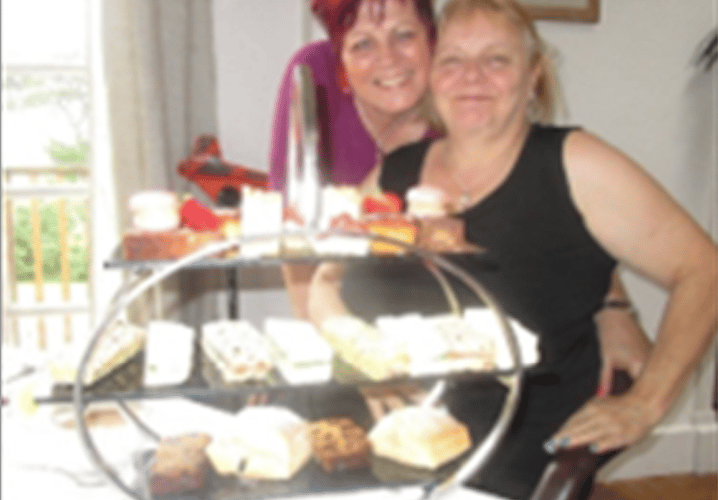
Since her diagnosis, Ellen has dedicated much of her life to raising awareness of the disease. She has raised thousands through volunteer work and selling crocheted characters whilst simultaneously creating the ‘South West Brain Tumour Friendship Group’ on Facebook, which has more than 100 members.
“I run my own group for people living with tumours and their loved ones. If I can help just one person feel not as alone as I did, then I will feel like I’ve been given my brain tumour for a reason,” she said. “Having a brain tumour has changed my life, but it’s given me a chance to smell the roses in a way. I was always running around at 100mph, now I know to appreciate every moment.”
Louise Aubrey, community development manager at Brain Tumour Research, said: “It is so tragic that childhood friends like Ellen and Dawn have both suffered from this cruel disease. Sadly, one in three people know someone affected by a brain tumour.
“We are so grateful to Ellen for signing up to our annual Walk of Hope challenge this year, and encourage more people to step forward to help find a cure for brain tumours,” said Louise.
Brain Tumour Research funds sustainable research at dedicated centres in the UK. It also campaigns for the government and larger cancer charities to invest more in research into brain tumours in order to speed up new treatments for patients and, ultimately, to find a cure.
The charity is the driving force behind the call for a national annual spend of £35-million in order to improve survival rates and patient outcomes in line with other cancers.
To support Ellen’s fundraiser, visit justgiving.com/fundraising/kevin-yates-walkofhope2024-5548769476781
For more information on the Walk of Hope, visit braintumourresearch.org/pages/fundraise-walk-of-hope
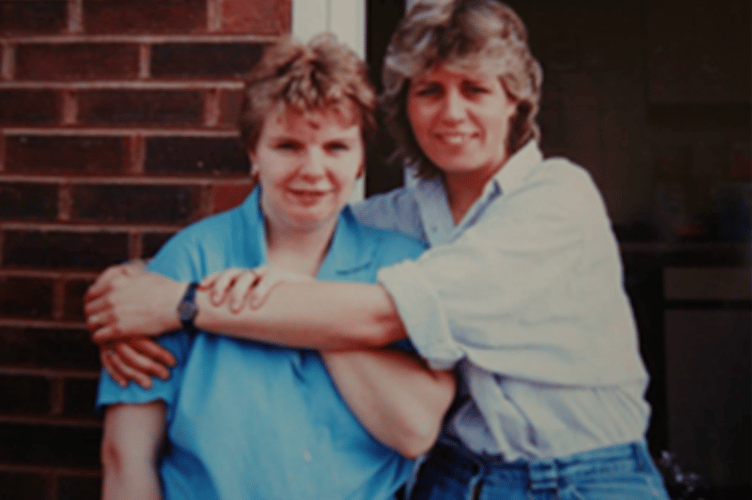
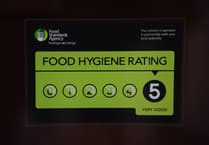
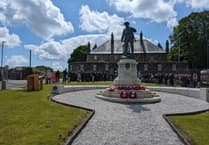
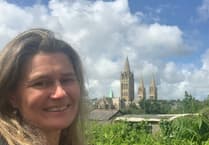

Comments
This article has no comments yet. Be the first to leave a comment.